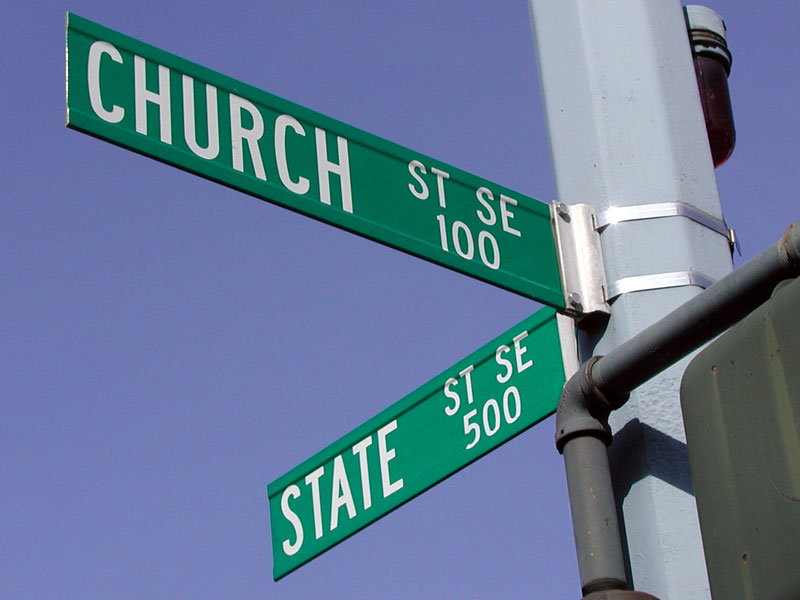
Recently our commissioners approved a rezone request to allow the construction of an Islamic center in northwest Tippecanoe County. The project will still require a special exception from the Board of Zoning Appeals (BZA) before construction can begin.
Some residents from our community expressed concern over this project, essentially suggesting that its approval was un-American. I think the polar opposite is true. Refusing to approve this request simply because the petitioners are followers of Islam would be contrary to the ideals of religious liberty and the importance of the separation of church and state.
I think our county leaders were spot on in their decision, and I hope the BZA grants the special exception our Muslim friends are requesting. I take this position for three primary reasons:
It honors our country’s heroes
We have many men and women in our community who sacrificed a portion of their lives to promote freedom around the world. Some even gave the ultimate sacrifice so we all can enjoy our cherished liberties. We still have young men and women in uniform serving in very dangerous places to put down forces of tyranny and oppression.
Celebrating the presence of other religions at home is the logical extension of the sacrifice our countrymen have made around the world.
Celebrating the presence of other religions at home is the logical extension of the sacrifice our countrymen have made around the world. Freedom is often most delicious when it is extended to someone with whom you disagree. Our heroes did not fight to protect and promote one particular religious point of view. The fruit of freedom is diversity and a sincere desire to share it with those around us.
It affirms our country’s heritage
Students of American history know that religious life in the early colonies was alarmingly intertwined with affairs of the state. In many places church attendance was compulsory and ministers in Congregational Churches were paid by the government.
That is why champions like the great Baptist Roger Williams rose up and argued for a strict wall of separation between the church and the state. He rightly taught the principle of individual soul liberty and insisted that legislators should never impose a particular denomination’s beliefs on others by force of governmental law.
These ideals became the foundation for the town charter of Providence, Rhode Island, signed by 39 heads of household in 1640. One writer summarized this crucial document by saying,
“Williams had founded the first place in modern history where citizenship and religion were separated, a place where there was religious liberty and separation of church and state.”
Over 150 years later, Thomas Jefferson was called upon to calm the concerns of a group of people who worried that the newly formed Congress might select a particular denomination as the state religion. He chose to build on Roger’s Williams very metaphor when he wrote,
“Believing with you that religion is a matter which lies solely between a man and his God, that he owes account to none other for faith or his worship, that the legislative powers of government reach actions only and not opinions, I contemplate with solemn reverence that act of the whole American people which declared that their legislature should ‘make no law respecting an establishment of religion, or prohibiting the free exercise thereof,’ thus building a wall of separation between church and state.”
That letter was written in 1802 to the Danbury Baptist Association of Danbury, Connecticut. Roger William’s insistence on the principles of individual soul liberty and the separation of church and state had come full circle.
We have a marvelous opportunity here to peacefully and joyfully extend the hand of freedom to others who might be quite different in their beliefs and practices.
It models our country’s uniqueness
It is a sad fact that wars are frequently waged in the name of religion. Examples abound in both history and contemporary culture. We have a marvelous opportunity here to peacefully and joyfully extend the hand of freedom to others who might be quite different in their beliefs and practices.
Does that mean we will always agree? Of course not. But that too is the beauty of freedom. Diverse people are welcomed to the public square to express their opinions and promote their ideals. When we can do that with love not hate, openness not suspicion, and celebration not dread—then and only then will we truly be free.
 Church
Church